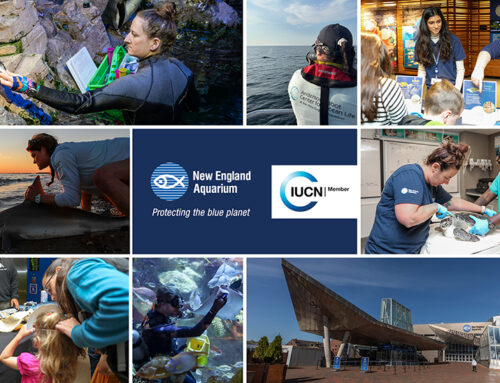Former EPA Leaders See Chaos in Voiding Endangerment Finding
October 6, 2025
The Trump administration’s plan to revoke a key finding that certain greenhouse gases pose a risk to human health removes one of the most potent tools for emissions regulation from the last two decades, according to former EPA air office leadership.
The proposal to nix the 2009 endangerment finding is on a fast-track for finalization, and former leaders of the Environmental Protection Agency say it will claw back US climate progress and create a vacuum of strong GHG regulations.
“The political leadership is essentially performing a lobotomy on itself,” according to Joe Goffman, who led the EPA’s Office of Air and Radiation under President Joe Biden. “The surgery began when they essentially shed all of the climate staff in the last couple of months.”
Three former EPA Administrators—William Reilly, Christine Todd Whitman, and Gina McCarthy—wrote to current Administrator Lee Zeldin Sept. 22, expressing opposition to the endangerment proposal and urging him to “follow the law, the science, and EPA’s mission” by withdrawing the revocation plan.
Following through with the plan, in combination with the agency’s decision to end greenhouse gas reporting requirements, jeopardizes emissions enforcement under the Clean Air Act, Whitman said in an interview with Bloomberg Law.
“The whole point behind all of this is to stop regulating, the irony that’s lost on most people, that we are banning Tylenol, but we don’t seem to care about air pollution,” Whitman said, referencing unproven claims from the Trump administration about the alleged dangers of the pain and fever reducer.
Questioning the Science
President Donald Trump’s endangerment proposal is just one controversial item in a long list of plans to deregulate oil and gas companies and pave the way for heavy industry expansion and a boon of AI infrastructure.
The EPA is also looking to cut its Greenhouse Gas Reporting Program, which would end agency insight into how much GHG pollution is coming from large emitters across the country.
In the decades before Trump, the agency turned down many petitions for reconsideration of the endangerment finding with “robustly reasoned denials” according to Goffman.
Supporters of Trump’s plan to kill the finding this time around echo some of the justifications used in unsuccessful petitions of the past, namely that the finding puts undue regulatory pressure on industry and is based on faulty or incomplete scientific record.
The proposal itself relies heavily on a Department of Energy report that casts doubt on the extensive scientific record on climate change, claiming that carbon-induced warming “might be less damaging economically than commonly believed, and excessively aggressive mitigation policies could prove more detrimental than beneficial.”
Creating Uncertainty
Staff who served during the agency’s early climate work in the late 90s and early 2000s fought for the type of change the endangerment finding eventually brought to the EPA’s air rulemaking regime, and see major backsliding on climate mitigation without such a crucial tool.
Before the endangerment finding, climate work was a volunteer-led effort, which is where Jeremy Symons, an EPA career staff member from 1994 to 2001, began his career at the agency.
But those efforts “were not getting the kind of emissions reductions that science was clearly showing would be needed to reduce greenhouse gas emissions from tail pipes and smoke stacks,” Symons said.
The revocation proposal is currently just past its public comment period, and working its way to finalization. Once final, legal challenges are all but inevitable, which many clean air experts say hurts industry as much as public health with prolonged regulatory uncertainty.
Regulating emissions moving forward without the finding amounts to “chaos,” according to Symons.
“It’s the worst case scenario for our safety,” he said. “It’s the worst case scenario for business, because the one thing that hurts everybody is having this chaotic wrecking ball approach that nobody thinks will stand up over the long term.”
Search
RECENT PRESS RELEASES
Related Post



